Resources
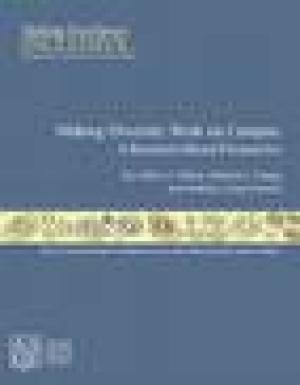
The authors discuss recent empirical evidence, gathered on behalf of the University of Michigan Supreme Court defense, demonstrating the educational benefits of diverse learning environments. These are environments that must be intentionally planned and nurtured, where diversity is conceived of as a process toward better learning and not merely an outcome that one can check off a list. Included are numerous suggestions for how to engage diversity in the service of learning, ranging from recruiting a compositionally diverse student body, faculty, and staff to transforming curriculum, co-curriculum, and pedagogy to reflect and support goals for inclusion and excellence. (From the Publisher)
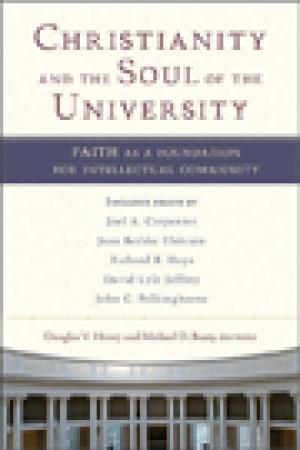
Leading scholars explore the role of faith in the university setting. (From the Publisher)
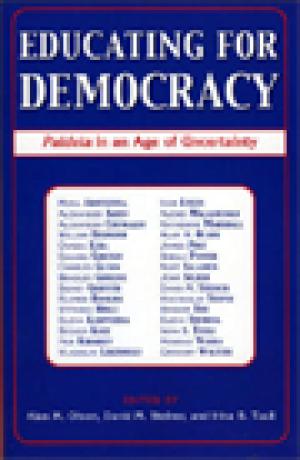
The central conflicts of the world today are closely related to cultural, traditional and religious differences between nations. As we move to a globalized world, these differences often become magnified, entrenched and the cause of bloody conflict. Growing out of a conference of distinguished scholars from the MiddleEast, Europe and the United States, this volume is a singular contribution to mutual understanding and cooperative efforts on behalf of peace. The term paideia, drawn from Greek philosophy, has to do with responsible education for citizenship as a necessary precondition for effective democracy. (From the Publisher)
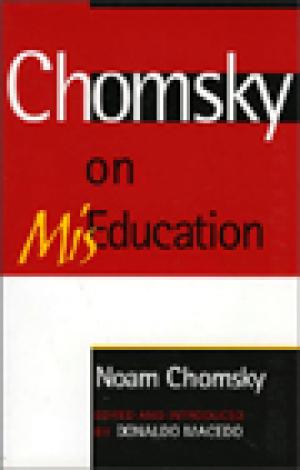
In Chomsky on MisEducation, Noam Chomsky builds a larger understanding of our educational needs, starting with the changing role of schools today, and then broadening our view toward new models of public education for citizenship. Chomsky weaves global technological change and the primacy of responsible media with the democratic role of schools and higher education. A truly democratic society, he argues, cannot thrive in a rapidly changing world unless our approach to education - formal and otherwise - is dramatically reformed." "Chomsky's critique of how our current educational system "miseducates" students - and his prescriptions for change - are essential reading for teachers, parents, school administrators, activists, and anyone concerned about the future. (From the Publisher)

When it first appeared in 1984 The Christian College was the first modern comprehensive history of Protestant higher education in America. Now this second edition updates the history, featuring a new chapter on the developments of the past two decades, a major introduction by Mark Noll, a new preface and epilogue, and a series of instructive appendices. (From the Publisher)
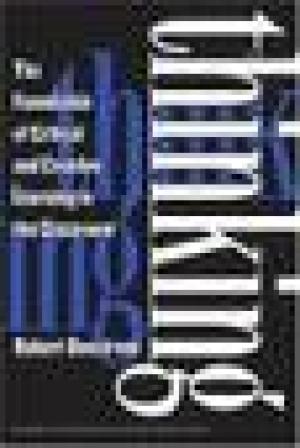
What might a school that wholeheartedly values thinking look like? How can we encourage students to be active learners instead of passive recipients of knowledge? In this engaging book, Boostrom invites readers to think about the ways in which the practice of teaching unintentionally promotes nonthinking. (From the Publisher)
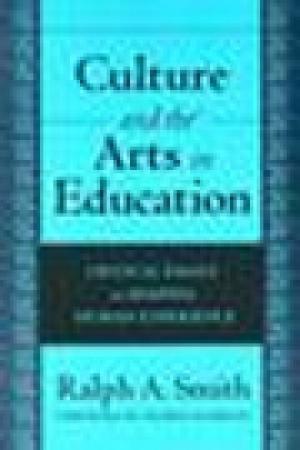
This collection of Ralph Smith’s writings provides a comprehensive overview of his extraordinary contributions to understanding the importance of aesthetics in education. These essays record his lifelong efforts to construct a defensible rationale for the arts in general education and a workable curriculum for art education in our public schools (K–16). The topics covered range from liberal education to arts education, the relationship of art, aesthetics, and aesthetic education to teaching and curriculum, the arts and the humanities, and cultural diversity. (From the Publisher)
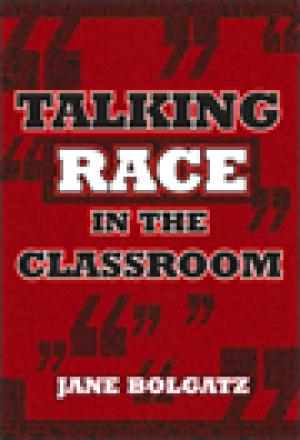
This lively book will help new and veteran teachers develop the knowledge, skills, and confidence needed to successfully address racial controversies in their classrooms. The author first explains what race and racism mean and why we need to talk about these topics in schools. Then, based on an in-depth study of a high school classroom, she shows what happens when teachers and students talked about race and racism in a history and language arts classroom. Throughout the book she guides teachers in ways to discuss important issues—from civil rights to institutional racism—that will ultimately help teachers and students to change school culture. Features: * Analysis of actual classroom dialogues, illustrating the often-rough conversations that teachers and students engage in while learning to talk constructively about race and racism. * Useful questions, resources, and activities to help teachers get started. * Ideas and strategies that teachers can use to get students to address race and racism critically in the classroom. (From the Publisher)
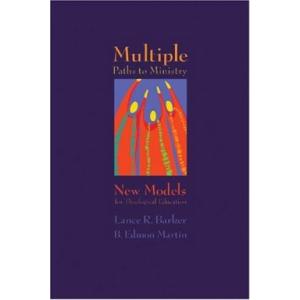
In a rapidly changing congregational and professional environment, how will churches and their institutions of theological education prepare ministers for diverse contexts? Barker and Martin affirm the theological school's continued role yet claim that American Protestantism can no longer rely on graduate theological schools as the sole educational institutions charged with providing curricula for theological study related to ministerial preparation. To support their thesis, the authors researched the graduate theological education programs of The Episcopal Church, the Evangelical Lutheran Church in America, the Presbyterian Church (USA), the United Church of Christ, the United Church of Canada, and The United Methodist Church; and compiled essays that show powerful new models for successful ministry preparation. Contributors: Janet Silman, Carol Bell, Isaac McDonald, Richard Sales, Bert Affleck, Minka Shura Sprague, Glenn Miller, Ken McFayden, and Thomas Ray. (From the Publisher)
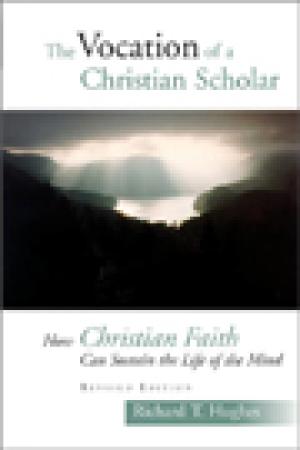
Richard T. Hughes's highly praised book on the relationship between Christian faith and secular learning originally published as "How Christian Faith Can Sustain the Life of the Mind" is now available in a revised edition that brilliantly incorporates recent interest in the topic of vocation.While the vocational dimensions of the earlier book were implicit, this revised edition makes them explicit. In the first of two completely new chapters, Hughes recounts his own vocational journey, telling how he drew on Christian theology to discover his talents and how best to use them. The second new chapter focuses on the vocation of Christian colleges and universities, including the purpose and goals of churchrelated education. The story offered here provides a compelling argument that faith, properly pursued, nourishes the openness and curiosity that make a life of the mind possible. (From the Publisher)